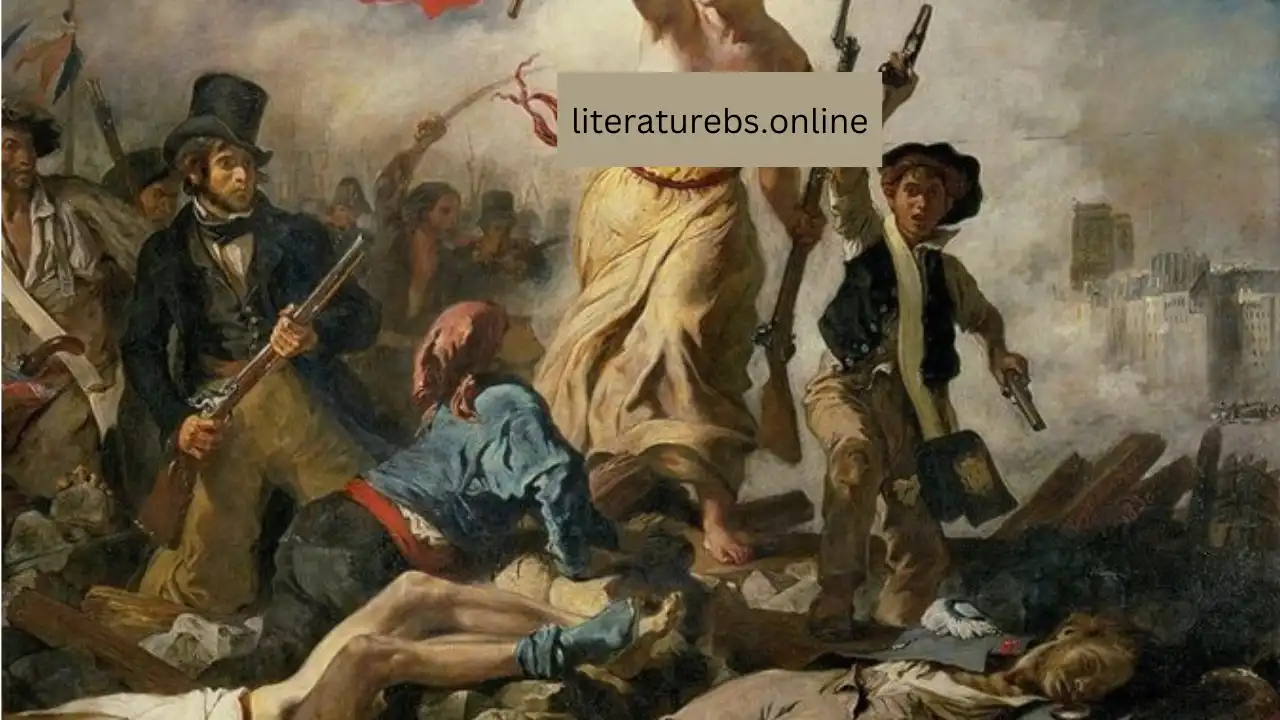Introduction to Postcolonial Theory
Postcolonial theory is an interdisciplinary framework that examines the social, cultural, and political effects of colonization and imperialism, as well as the ongoing struggles for decolonization and cultural autonomy. Emerging in the mid-20th century, postcolonial theory has since become a prominent lens through which scholars analyze literature, history, politics, and society in formerly colonized regions around the world.
Origins and Development
Postcolonial theory traces its roots to the struggles for independence and self-determination in colonized countries during the 20th century. Influenced by anti-colonial movements and critical theorists like Frantz Fanon and Edward Said, postcolonial scholars began to challenge Western-centric narratives of history and culture, seeking to deconstruct colonial ideologies and expose their enduring legacies.
Key Concepts
- Colonialism and Imperialism: Postcolonial theory interrogates the historical processes of colonial domination and exploitation, as well as the lasting effects of imperialism on colonized societies.
- Othering: Postcolonial theorists explore how colonial powers constructed binary oppositions between the colonizer and the colonized, often dehumanizing and marginalizing the latter as the “other.”
- Hybridity and Cultural Identity: Postcolonial theory celebrates the hybrid cultural identities that emerge through the interaction of colonized and colonizer, challenging notions of cultural purity and authenticity.
- Subaltern Studies: This branch of postcolonial theory focuses on the experiences and perspectives of marginalized groups, such as peasants, workers, and indigenous peoples, who were often silenced or marginalized by colonial powers.
- Resistance and Decolonization: Postcolonial theory examines the various forms of resistance and struggles against colonial rule, as well as the ongoing efforts to decolonize knowledge, institutions, and societies.
Applications of Postcolonial Theory
- Literary Analysis: Postcolonial theorists analyze literature from former colonized regions, exploring how writers engage with colonial histories, cultures, and identities. They also examine how literary texts subvert colonial discourses and assert cultural autonomy.
- Historical Interpretation: Postcolonial theory offers new perspectives on colonial histories, highlighting the agency of colonized peoples and challenging Eurocentric narratives of progress and civilization.
- Cultural Studies: Postcolonial theory examines the production and circulation of cultural representations, including film, art, music, and popular culture, in the context of colonial and postcolonial power dynamics.
- Political Critique: Postcolonial theorists critique contemporary forms of neocolonialism, globalization, and cultural imperialism, examining how they perpetuate inequalities and injustices in the postcolonial world.
Criticisms and Debates
Postcolonial theory has faced critiques for its essentialism, Eurocentrism, and tendency to homogenize diverse colonial experiences. Some scholars argue that it overlooks the agency and complexity of colonized societies, while others question its relevance in an era of globalization and transnationalism.
Conclusion
Despite its critiques, postcolonial theory remains a vital framework for understanding the legacies of colonialism and imperialism in the contemporary world. By centering the voices and experiences of colonized peoples, postcolonial theory challenges dominant narratives of power and offers new possibilities for imagining more just and equitable futures in a globalized world.
